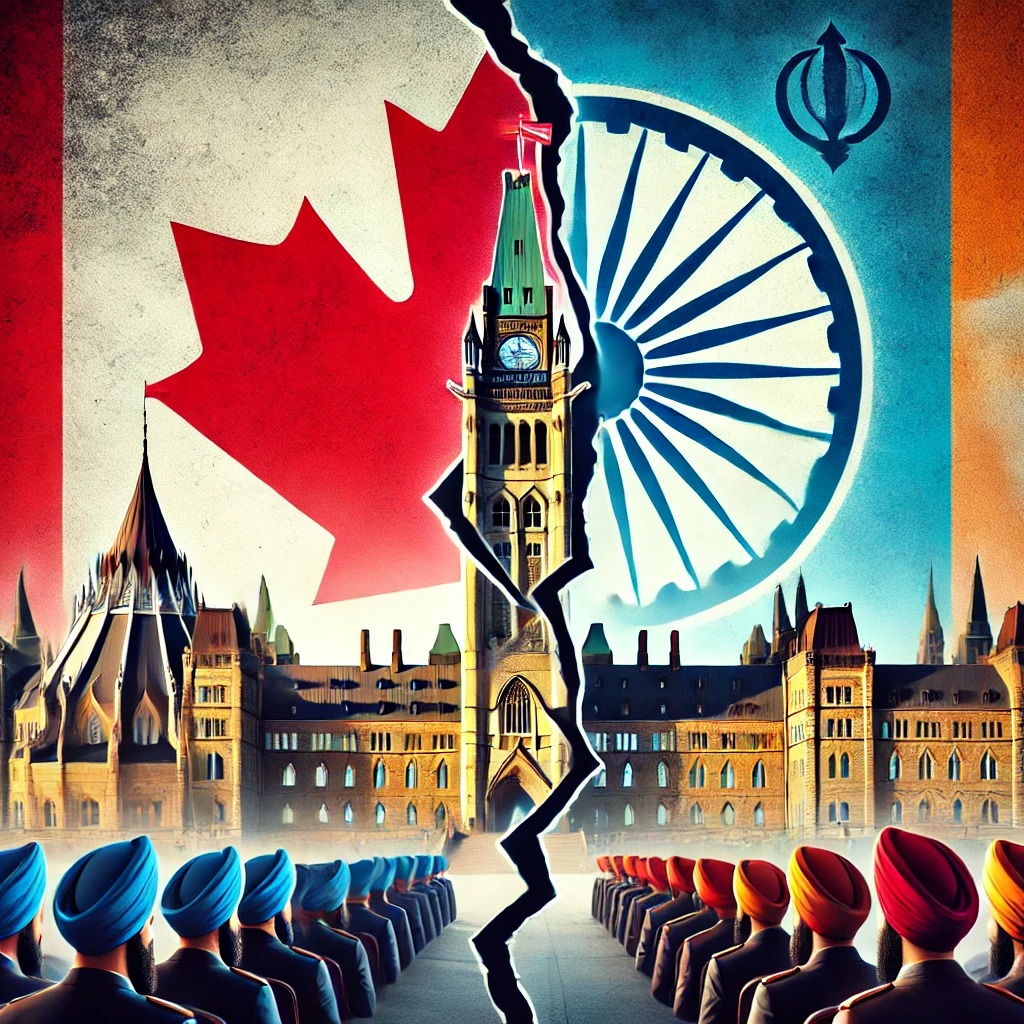
A split-screen image of the Indian and Canadian Parliaments, highlighting the growing diplomatic rift between the two nations.
The diplomatic landscape between India and Canada has been rocked by serious allegations from Canadian Prime Minister Justin Trudeau, accusing the Indian government of orchestrating the assassination of Sikh separatist leader Hardeep Singh Nijjar on Canadian soil. This accusation has resulted in a series of retaliatory diplomatic actions, further straining relations between the two nations.
The Hardeep Singh Nijjar Case: Who Was He?
Hardeep Singh Nijjar was a prominent figure in the Khalistan movement, which advocates for an independent Sikh state in Punjab, India. The Indian government declared Nijjar a terrorist in 2020, alleging his involvement in violent activities linked to separatism. Nijjar, however, denied these allegations, asserting that his focus was on peaceful activism.
On June 18, 2023, Nijjar was shot and killed in the parking lot of the Sikh temple he led in Surrey, British Columbia. His death shocked the Sikh community in Canada, prompting widespread condemnation and calls for justice.
Learn more about Hardeep Singh Nijjar’s background and the Khalistan movement’s global implications.
Trudeau’s Allegations: How Canada Blamed India
In September 2023, Canadian Prime Minister Justin Trudeau publicly announced that Canadian intelligence agencies had credible evidence linking Indian government agents to Nijjar’s assassination. He emphasized that such interference by a foreign power on Canadian soil represents a grave violation of sovereignty.
“Canada will not tolerate foreign governments targeting individuals on our land,” Trudeau stated in his address to Parliament.
Read the official statement from the Canadian government.
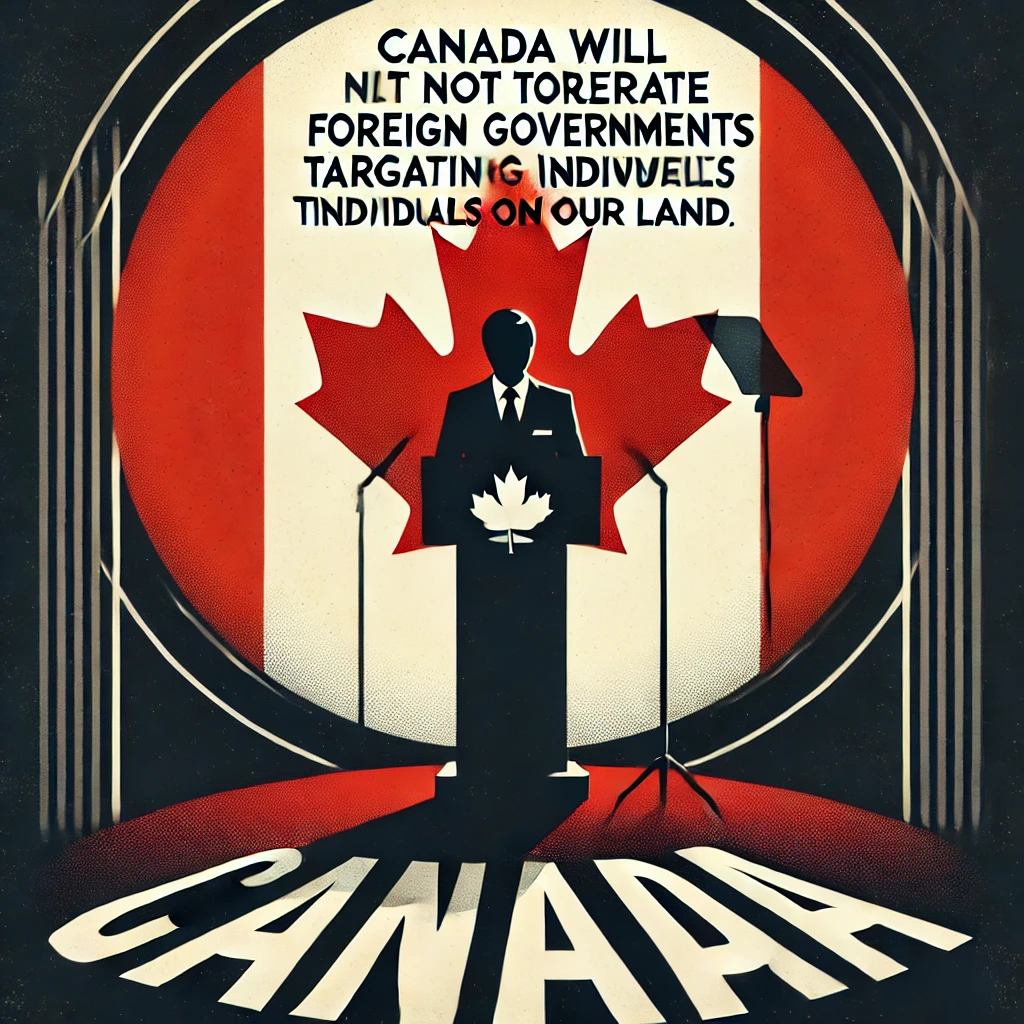
India’s Response: A Strong Denial and Counterclaims
India’s Ministry of External Affairs issued a strongly worded statement, rejecting Trudeau’s claims and labeling them as politically motivated and baseless. The government pointed out Nijjar’s designation as a terrorist, asserting that Canada has harbored individuals promoting secessionist agendas.
“These allegations seek to divert attention from Canada’s failure to address growing anti-India activities on its soil,” India’s statement read.
The Diplomatic Fallout: What’s Happening Now?
The accusations have escalated diplomatic tensions, leading to:
- Expulsions of Diplomats: Canada expelled six Indian diplomats, and India retaliated by expelling six Canadian diplomats.
- Suspension of Trade Talks: Ongoing trade negotiations between the two countries have been halted.
- International Attention: Allies like the United States and the United Kingdom have called for transparency and resolution through diplomatic means.
Impact on India-Canada Trade and Relations
The trade relationship, valued at $8 billion annually, is under threat. Both nations have paused discussions on expanding bilateral trade agreements. Sectors like agriculture, technology, and education are expected to feel the impact if tensions persist.
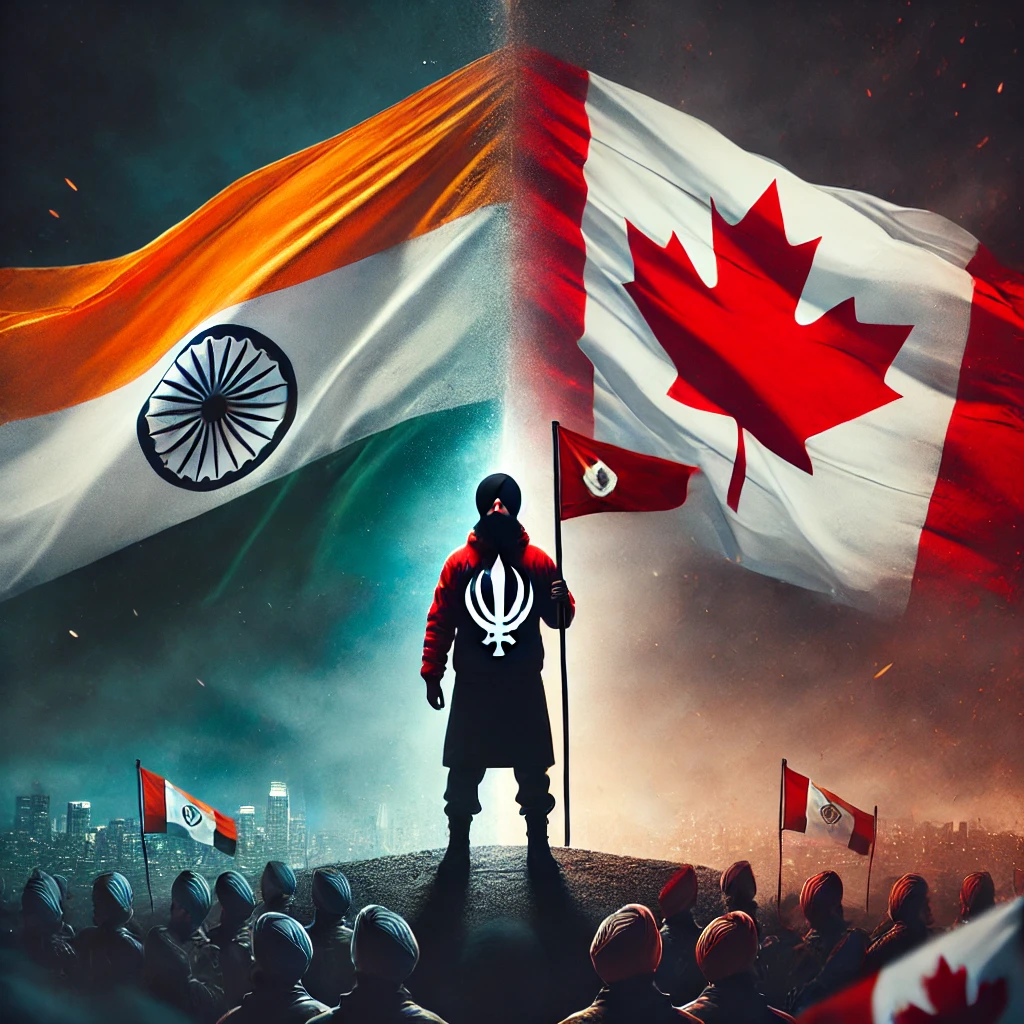
What is the Khalistan Movement?
The Khalistan movement seeks to establish an independent Sikh state in Punjab, India. While the movement’s roots trace back to the 1980s, it continues to resonate among some Sikhs in India and abroad, particularly in Canada, the U.K., and the U.S.
India has repeatedly expressed concerns about the movement’s activities in foreign countries, accusing governments like Canada’s of not taking enough action against separatist elements.
Learn more about the Khalistan movement’s history.
Public and Diaspora Reactions: Divided Opinions
Public opinion in India has largely backed the government’s stance, viewing Canada’s allegations as baseless and politically motivated. Protests have erupted outside Canadian consulates in cities like New Delhi and Mumbai, with demonstrators demanding accountability from Canada.
Meanwhile, Sikh communities in Canada have held vigils and marches, advocating for justice and transparency in Nijjar’s case. The divide is stark, highlighting the complex interplay between national pride and community concerns.
Why Are India and Canada in a Diplomatic Crisis?
The crisis stems from:
- Assassination Allegations: Trudeau’s accusation that Indian agents were involved in Nijjar’s killing.
- Khalistan Movement: India’s long-standing concerns about separatist activities in Canada.
- Political Context: Trudeau’s alleged alignment with Sikh separatist factions for domestic political support.

Rescue and Relief Operations in Focus
Amid the diplomatic tension, rescue operations and peace talks have taken a backseat. The need for transparent investigations and stronger diplomatic ties is more crucial than ever.
What Lies Ahead for India-Canada Relations?
The ongoing crisis underscores the delicate balance between addressing separatist movements abroad and maintaining international relations. Moving forward, transparent dialogue and constructive negotiations will be key to mending the fractured relationship.
Conclusion
The allegations surrounding Hardeep Singh Nijjar’s assassination have ignited a significant diplomatic dispute between India and Canada. As the international community watches, the resolution of this crisis will set a precedent for handling sovereignty, justice, and diplomatic integrity.
Stay updated with Suchak News for the latest developments in this evolving story.
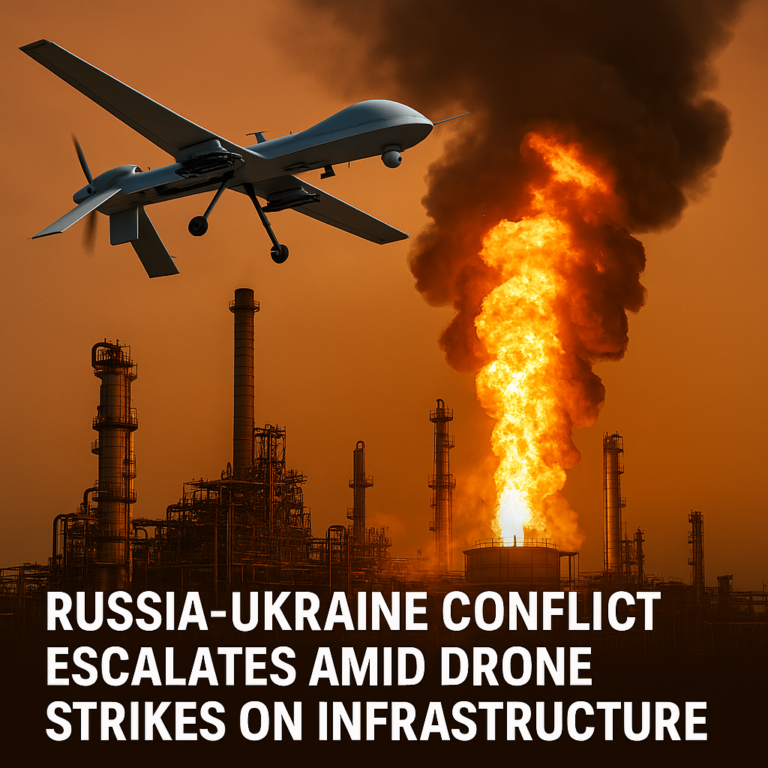
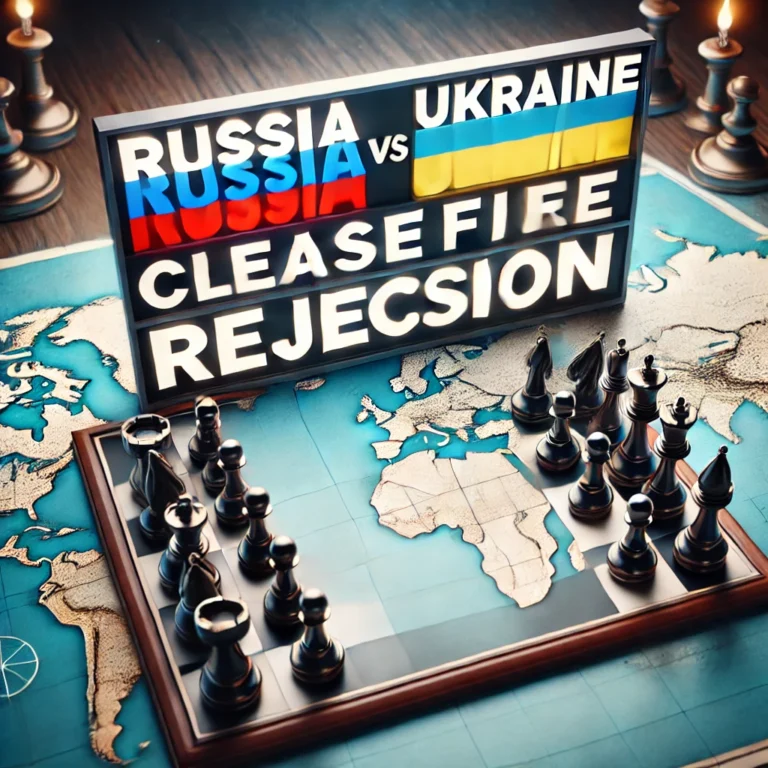


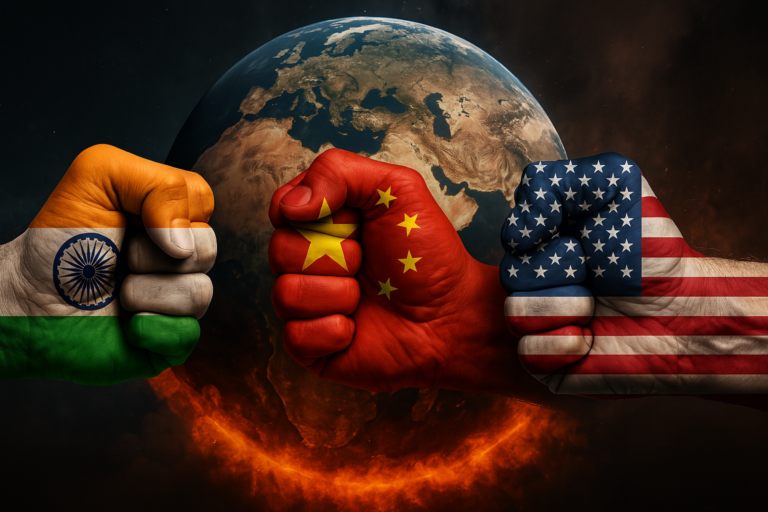
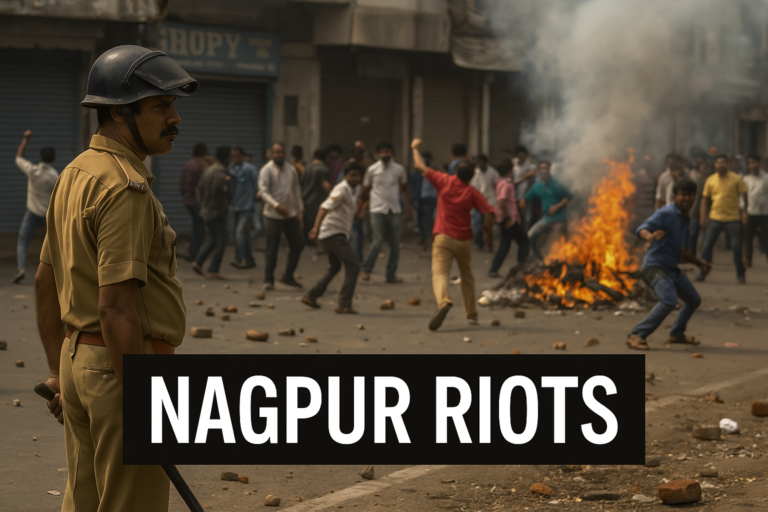
1 thought on “India-Canada Diplomatic Crisis: Trudeau Accuses India of Involvement in Sikh Leader’s Killing”